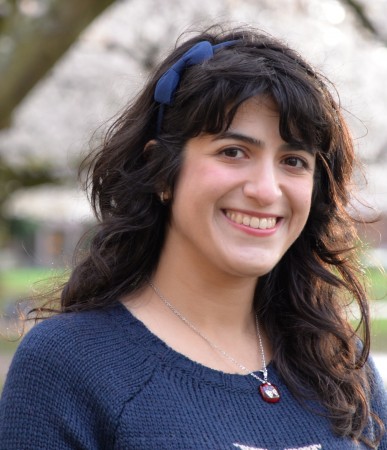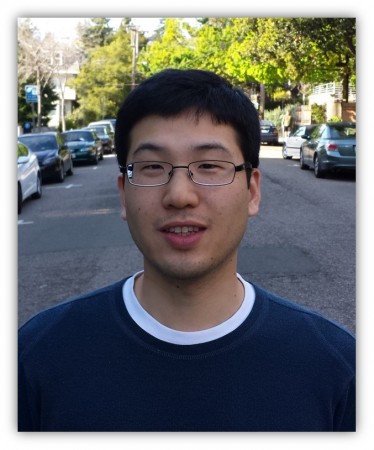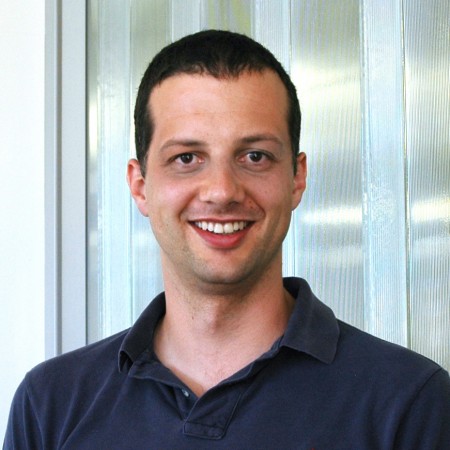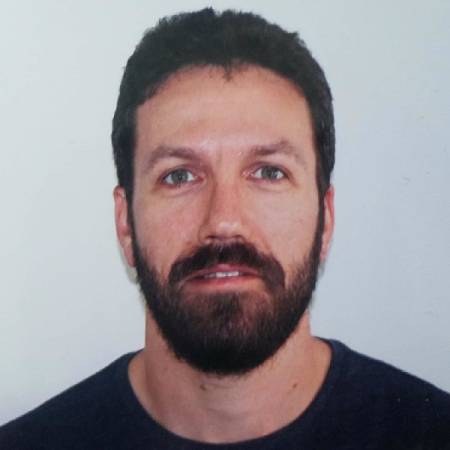VASC Seminar
Acquiring and Transferring Generalizable Vision-based Robot Skills
Abstract: In recent years, there have been great advances in policy learning for goal-oriented agents. However, there are still major challenges brought by real-world constraints for teaching highly generalizable and versatile robot policies in a cost efficient and safe manner. In this talk, I will argue that instead of aiming to teach large motion repertoires [...]
Learning to localize and anonymize objects with indirect supervision
Abstract: Computer vision has made great strides for problems that can be learned with direct supervision, in which the goal can be precisely defined (e.g., drawing a box that tightly-fits an object). However, direct supervision is often not only costly, but also challenging to obtain when the goal is more ambiguous. In this talk, I [...]
Video Compression for Recognition & Video Recognition for Compression
Abstract: Training robust deep video representations has proven to be much more challenging than learning deep image representations. One reason is: videos are huge and highly redundant. The 'true' and interesting signal often drowns in too much irrelevant data. In the first part of the talk, I will show how to train a deep network [...]
Tracking Beyond Detection
Abstract: The majority of existing vision-based methods perform multi-object tracking in the image domain. Yet, in mobile robotics and autonomous driving scenarios, pixel-precise object localization and trajectory estimation in 3D space are of fundamental importance. Furthermore, the leading paradigms for vision-based multi-object tracking and trajectory prediction heavily rely on object detectors and effectively limit tracking [...]
Exploiting Deviations from Ideal Visual Recurrence
Abstract: Visual repetitions are abundant in our surrounding physical world: small image patches tend to reoccur within a natural image, and across different rescaled versions thereof. Similarly, semantic repetitions appear naturally inside an object class within image datasets, as a result of different views and scales of the same object. We studied deviations from these [...]
Attending to Pixels, Embedding Pixels, Predicting Pixels
Abstract: Nowadays splashy applications heavily depend on meticulously annotated datasets, data-driven and learning-based methods, among which pixel labeling plays an important role yet often lacks interpretability. In this talk, I will discuss how we deal with pixels with better interpretability. Firstly, I'll introduce the pixel embedding framework that allows for clustering pixels into discrete groups [...]
Automatically Supervised Learning: Two more steps on a long journey
Abstract: I will talk about two recent pieces of work that attempt to move towards learning with less reliance on labeled data. In the first, part, I will talk about how the surrogate task of predicting the motion of objects can induce complex representations in neural networks without any labeled data. In the second part of [...]
Geometric Deep Learning for Perceiving and Modeling Humans
Abstract: Perceiving and modeling shape and appearance of the human body from single images is a severely under-constrained problem that not only requires large volumes of data, but also prior knowledge. In this talk I will present recent solutions on how deep learning can leverage on geometric reasoning to address tasks like 3D estimation of [...]
Human-Level Learning of Driving Primitives through Bayesian Nonparametric Statistics
Abstract: Understanding and imitating human driver behavior has benefited for autonomous driving in terms of perception, control, and decision-making. However, the complexity of multi-vehicle interaction behavior is far messier than human beings can cope with because of the limited prior knowledge and capability of dealing with high-dimensional and large-scale sequential data. In this talk, I [...]
Knowledge Transfer Graph for Deep Collaborative Learning
Abstract: In this talk I will present our latest research about knowledge transfer graph for Deep Collaborative Learning (DCL), which is a method that incorporates Knowledge Distillation and Deep Mutual Learning. DCL is represented by a directional graph where each model is represented by a node, and the propagation of knowledge from the source node to the [...]









